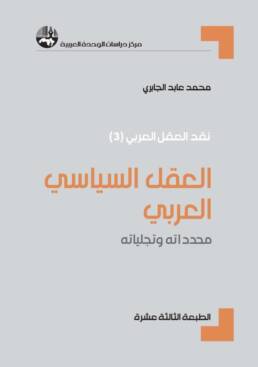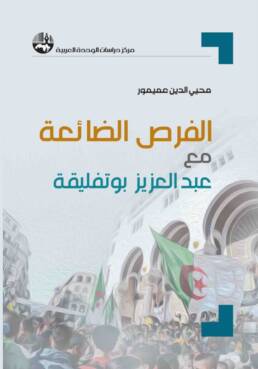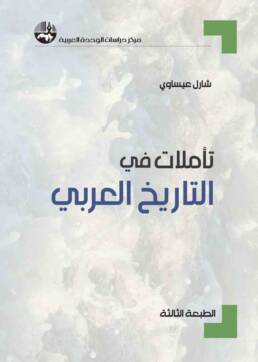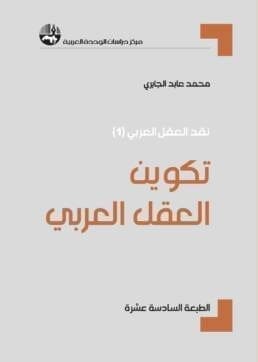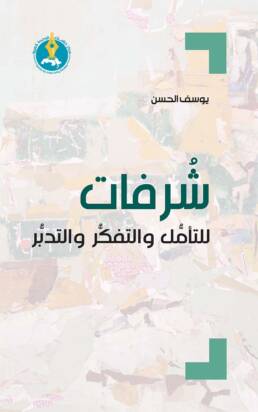The Center for Arab Unity Studies published the nineth edition of the book The Arab Political Systems: Issues of Permanence and Change by Ali El-Din Hilal and Nevine Mossaad.
The book attempts to identify key aspects of Arab political apparatuses, taken on the one hand as a group of systems administered in countries of the developing world, and on the other as a group distinct in its own right from the rest of the world. The study mainly deals with issues of democratic emancipation, economic development, national integration and political autonomy, questions which involve common aspects to countries that are concurrently undergoing the same stage in their political trajectories known as the transitional stage. Likewise, the research reveals that the shared attributes of Arab political apparatuses provided them with a common basis to be distinguished from the rest of the world, given the historical, political, cultural, regional, and international factors that shaped the region.
As far as the extent to which the characteristics of Arab political systems express a blending of the public sphere with the private one, they happen to reflect a combination of elements of continuity with those of change. In other words, albeit Arab regimes underwent tremendous changes from the moment they accessed to independence, they still hold on to several of aspects of continuity that are mainly reflected in questions on the need for a political caliphate, questions on identity, questions on the nature of Islamic movements, as well as other issues that Arab regimes are bringing along at the start of this third millennium; a puzzling state of affairs which sheds light on their potential for development within the limits of the foreseeable future.
Add a review
You must be logged in to post a review.
You May Also Like
Russian Gas Pipelines: Geopolitical and Economic Dimensions
Price range: 7 $ through 11 $
The Arab Political Reason: Its Delimitation and Manifestations
Price range: 7 $ through 11 $
Missed Opportunities with Abdelaziz Bouteflika
Price range: 10 $ through 14 $
Reflections on Arab History
The Formation of Arab Reason
Balconies for Contemplation, Thinking, and Reflection
Price range: 10 $ through 10 $



